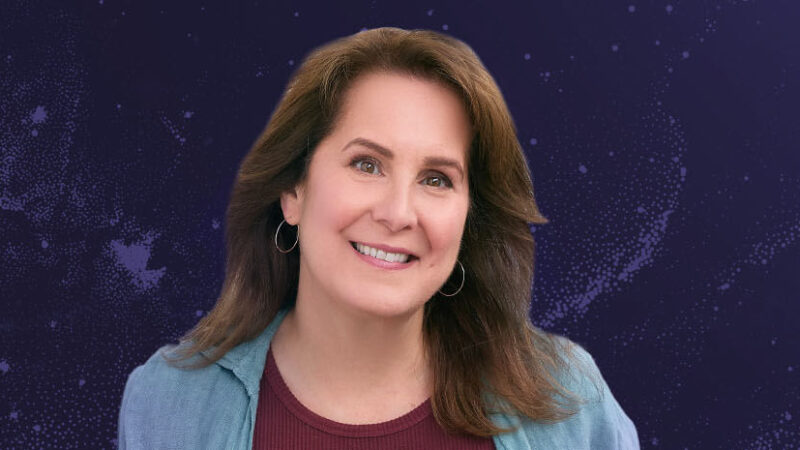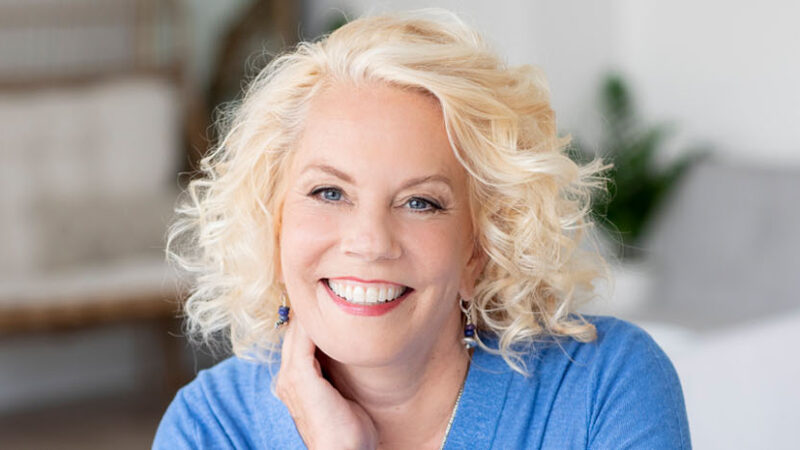On the surface, it appears as though the lives we live proceed forward moment by moment in a strictly linear way. Could it be we’ve got it all wrong? Renowned energy healer and teacher Cyndi Dale offers a wildly different perspective on our human journey—a paradigm-shattering cosmology where our current, past, parallel, and future selves coexist in realms beyond the grasp of the rational mind. In her book Transforming the Legacy, Cyndi helps readers create a partnership with these energetic aspects of ourselves to identify and heal soul-based and lineage-ancestry issues.
In this podcast, Tami Simon speaks with Cyndi about Transforming the Legacy and a broad swath of fascinating topics including: past lives and reincarnation; quantum physics and how our past, present, and future lives coexist; our two neurological systems: the (linear) digital and the (timeless) analog; the phenomenon of loop quantum gravity and how our parallel lives unfold in connection and concurrently; healing the past for empowerment here and now; the 12-chakra model; the ancestral energies we receive pre-conception; soul-level agreements we choose prior to incarnating; changing the “program” to change the person; finding your “God spot,” or your connection to divine intelligence within; combining intuition with somatic practice on the path of healing and growth; applying subtle energy work to resolve money issues; the “wild tornadoes” metaphor for the chakras; spiritual light; overcoming our psychological discomfort around making difficult changes; addressing illness and disease on both the physical and subtle levels; the practice of becoming your own good ancestor; and more.
Note: This episode originally aired on Sounds True One, where these special episodes of Insights at the Edge are available to watch live on video and with exclusive access to Q&As with our guests. Learn more at join.soundstrue.com.









